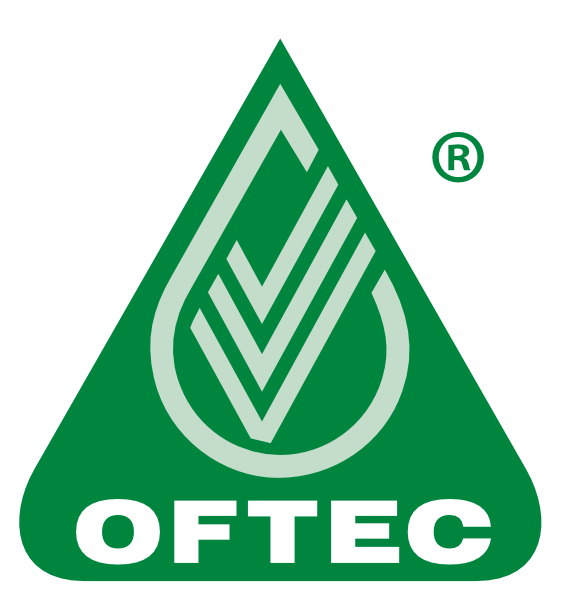Future Ready Fuel campaign
The threat posed by the climate crisis means we must take action to reduce our carbon emissions. This means the way we heat our homes must change for crucial climate change targets to be met. The UK government has set a target to achieve net zero emissions by 2050 and initially proposed that the installation of fossil fuel heating should be phased out in existing homes and businesses off the gas grid from 2026 and 2024 respectively.
There was significant opposition to these proposals and, in September 2023, the then Prime Minister, Rishi Sunak, announced that the plans would be postponed until 2035, the same date proposed for gas heating. More recently, in 2024, the Labour government stated that it intends to scrap the 2035 deadlines completely. This represents an important victory for those who campaigned for a fairer outcome for the households and businesses affected, and OFTEC welcomed these changes.
However, the need to take action to reduce emissions remains urgent and to successfully decarbonise buildings, solutions must be fair, affordable and minimise disruption. It’s clear that households and businesses want to choose solutions that best suits their circumstances, and OFTEC argues this is best achieved by the adoption of a technology-inclusive policy approach that actively supports all viable solutions.
These should include renewable liquid fuels, energy efficiency improvements, heat pumps, and supporting technologies such as solar thermal and photovoltaic (PV). In some circumstances, a combination of technologies will be beneficial, such as a boiler fuelled by a low carbon liquid fuel and a heat pump. These combinations are commonly known as hybrid systems.
To support the transition, the liquid fuel heating industry has successfully completed a national demonstration project using a renewable liquid fuel called Hydrotreated Vegetable Oil (HVO). Our project has shown conclusively that HVO can be used as a drop-in replacement for heating oil and offers a reduction in carbon emissions of up to 88%. The big advantage of this fuel is that it works well in existing oil heating systems once some simple modifications are made, minimising both upfront costs and disruption. We are nearly ready to begin deploying the new fuel to existing oil heating customers but to make it affordable the price of HVO needs to be reduced. To solve this problem, we have called on the government to make two important changes:
- Align the duty charged on HVO with kerosene by reducing the duty on HVO to zero when used in heating.
- Implement a similar renewable fuel incentive system to the one already in place for the road transport sector.
These two measures would enable the roll out of HVO to begin and, most importantly, would cost the Treasury nothing to implement. The changes would result in an immediate and very significant carbon saving for all those currently using heating oil and would help to ensure that existing carbon reduction budgets are achieved.
Government support for HVO would provide an easily adopted solution for hard to treat off-gas grid buildings and would also be a positive step on a pathway to even greater carbon reductions over the next two decades.
It’s important we keep the pressure on, and we would welcome your support in encouraging the government to take action. Click here to visit the Future Ready Fuel website and add your voice to our campaign.
(updated September 2024)
Affordable green heating campaign
Campaign to prevent leaks from oil tanks
Preventing oil tank leaks that can lead to pollution is an important priority for OFTEC. It is particularly important to ensure this does not happen in areas where there is a risk to water supplies, or other sensitive sites, becoming contaminated.
OFTEC has collaborated on a trial campaign across Hampshire and West Sussex with partners the Environment Agency (EA) and Portsmouth Water, aimed at addressing this problem.
The campaign has been working with OFTEC registered technicians to encourage householders to check and replace failing tanks. The trial compared two approaches for engaging customers in ‘source protection zones’ situated over valuable naturally occurring groundwater abstracted for drinking water. It split 500 households into two equal groups. One received a yearly mailshot with a cover letter and leaflet, while the other group received the same leaflet, plus face-to-face advice from an OFTEC registered technician as part of their annual boiler service. Articles were also run in the parish magazines of both groups.
Both tactics urged householders to contact Portsmouth Water for a free inspection and/or 50% off a replacement tank should the inspection recommend it. As an incentive, Portsmouth Water subsidise a free inspection and 50% grant towards replacement works in priority locations.
Face to face contact from technicians was the most successful intervention. In all, an impressive 25 tanks were replaced, greatly reducing the risk of water supply contamination, or pollution the local water environment.
The trial element of the campaign has now ended, but many of the most successful tactics are now being taken up longer term by Portsmouth Water. The learning from the campaign is being shared nationally and it is hoped that other water companies will adopt similar schemes. You can find out more at https://www.cleanwaterpartnership.co.uk/oil-tanks-1



